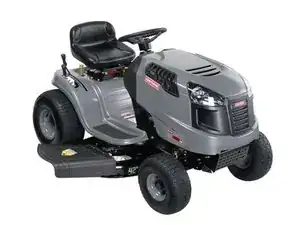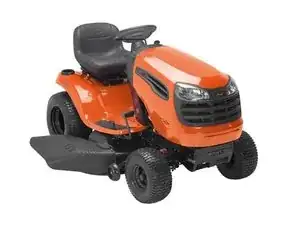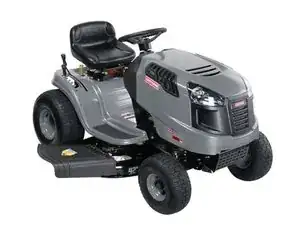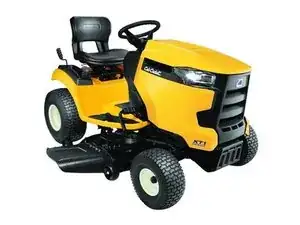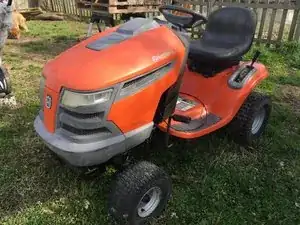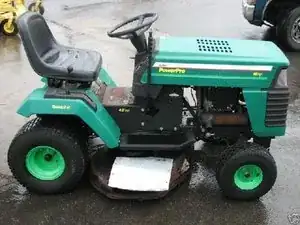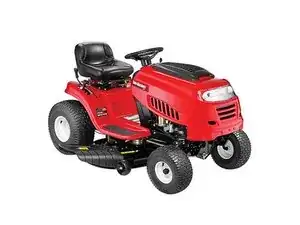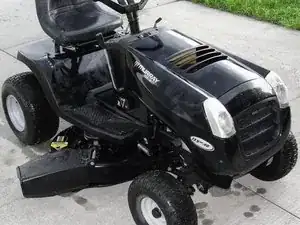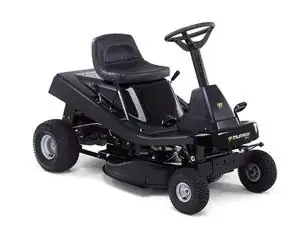Background and Identification
Riding mowers are a subset of lawn care equipment and, more specifically, a subset of lawnmowers. Riding mowers allow the operator to cut large areas of grass in a more efficient and less physically exhausting way than what they can achieve through a standard, walk-behind lawnmower. Riding lawnmowers are commonly used by professional lawn care companies and homeowners on large areas of grass, such as golf courses, fields, etc.
Riding mowers can have a variety of different transmission types. These possible transmissions include manual transmissions, hydrostatic transmissions, and electric transmissions. Electric transmissions are the most expensive type of riding mower transmission and are, subsequently, the least common.
While riding mowers are both larger and more expensive than walk-behind lawnmowers, they do provide an additional level of versatility. Riding mowers can often be used in conjunction with other lawn care attachments, such as rototillers, snowplows, snow blowers, etc. This extends the machine’s power and ease of use to other outdoor maintenance tasks.
Riding mowers have a base that houses an engine at the front of the machine. Rideable mowers have large grass-cutting blades attached to the bottom of the base, with four wheels that transport the machine along the ground. Rideable mowers also house a rider’s seat and steering wheel.
